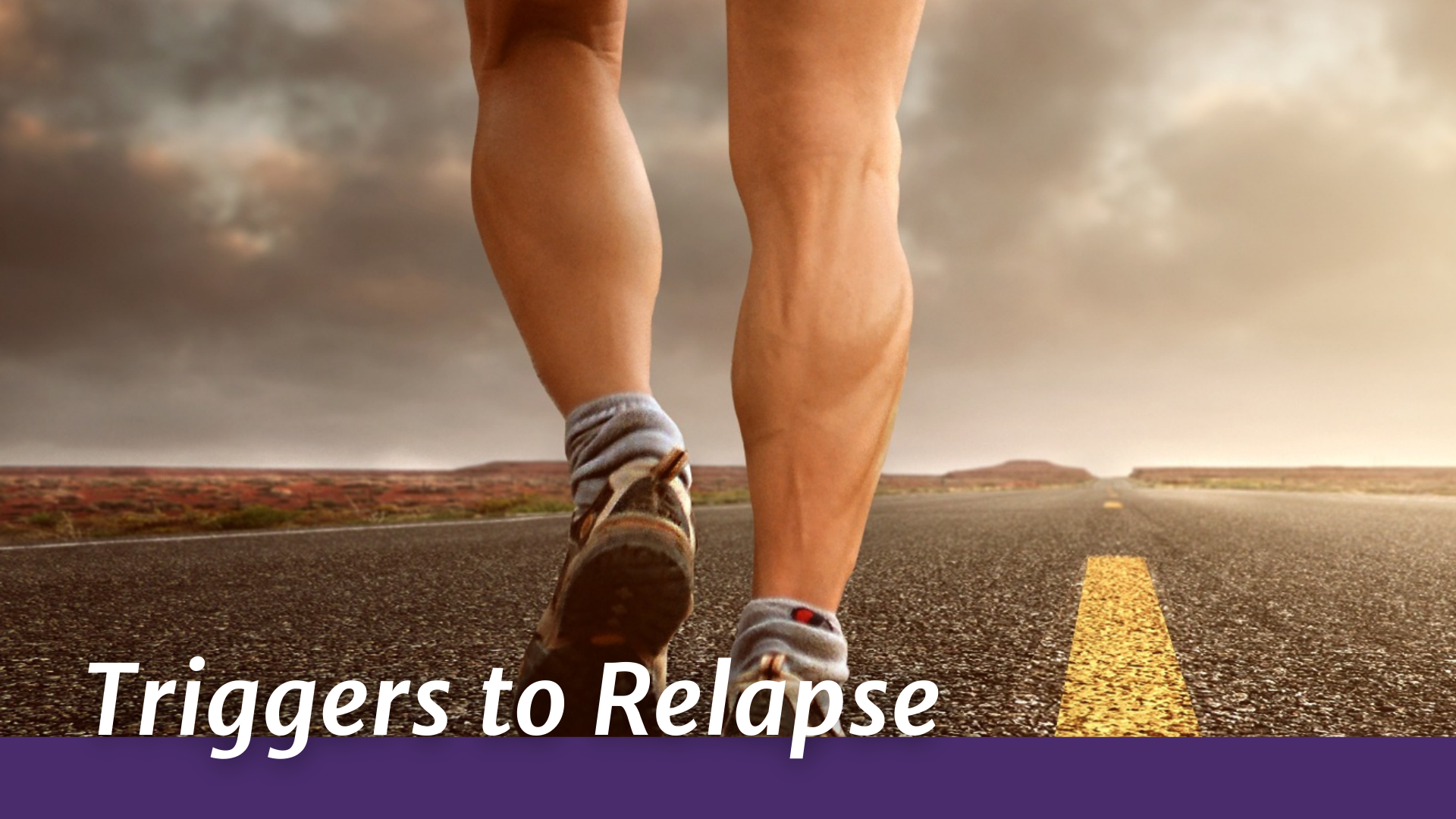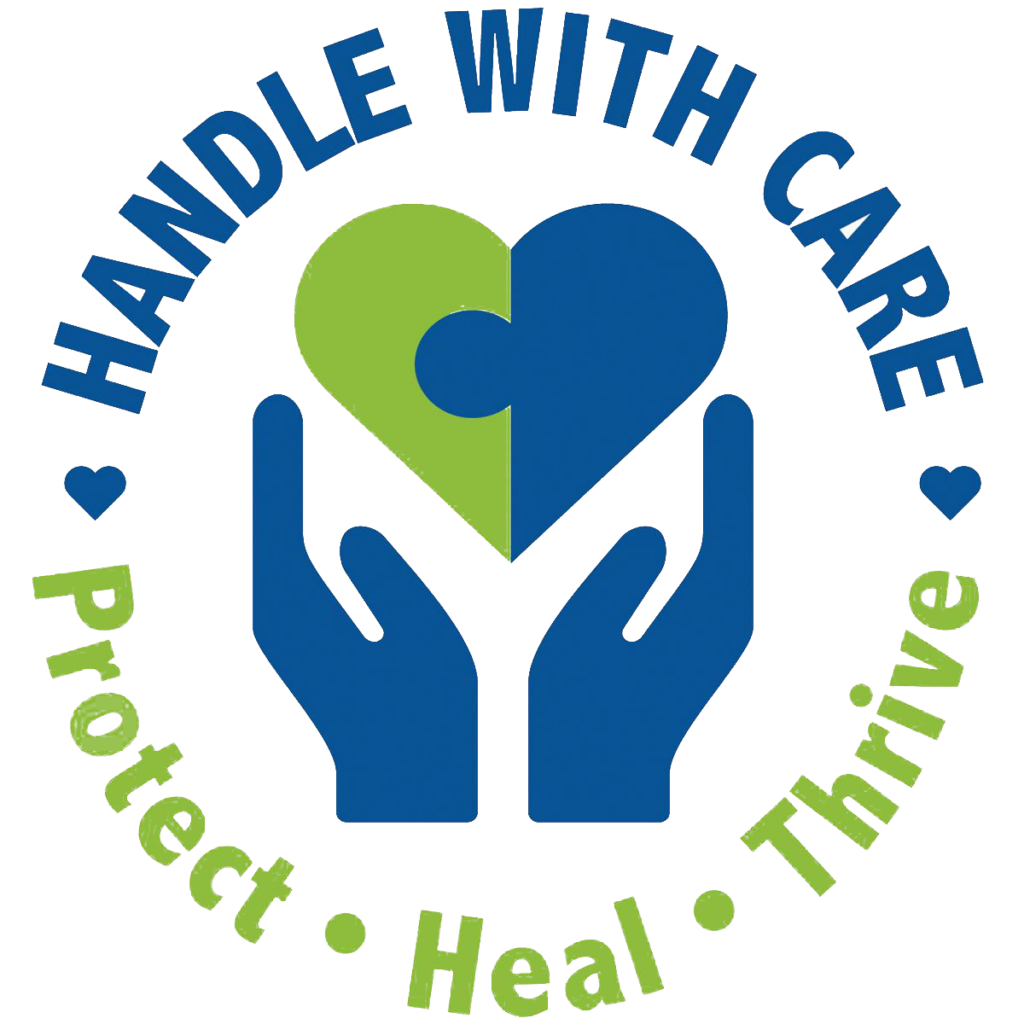
Five Triggers of Relapse and How to Avoid Them
Five Triggers of Relapse and How to Avoid Them
It’s not uncommon for people who struggle with addictions to relapse at least once during recovery. Some even fall off the wagon several times before getting sober for the last time. In fact, despite FDA-approved treatments for nicotine, alcohol, and opioid addiction, more than two-thirds of individuals will relapse after initiating treatment.
Understanding what might trigger you to relapse as well as having a plan in the place for these triggers are the first steps toward prevention. Here are five triggers you need to consider and talk to your therapist or counselor about.
Learning to recognize triggers, getting help from a counselor, and building a support network are all useful tools in preventing a relapse. Do everything you can to protect yourself, but don’t beat yourself up if you do slip.
Remember, relapse is not a sign that your recovery failed. You’re navigating a new and unfamiliar path. So, with continued therapy and support you should be able to build stronger defenses against common triggers.
1. Stress
Stress is the top cause of relapse. And, many people who struggle with addiction turn to their substance or activity of choice as a maladaptive way of coping with it. In fact, research indicates that there is an increased “wanting” for the drug, alcohol, or addictive activity during stressful situations—especially if the substance or activity was the person’s primary coping mechanism.
One way to prepare for this trigger is to evaluate the stress you’re experiencing. Although you can’t eliminate everything and everyone from your life, you can avoid situations that cause you extreme stress. As a result, it may help to list all the people, places, and things that cause you excessive stress.
For instance, are you in a toxic relationship or do you have a financial situation that is stressing you out?
By making changes in your lifestyle, relationships, and priorities, you may be able to reduce the number of stressful situations in your life. And, when you do that, you will be reducing the likelihood that stress will trigger a relapse.
It’s also important to learn positive ways to successfully manage the stress. You might be able to reduce or manage your stress by:
- Practicing mindfulness and engaging in relaxation training
- Managing your time more effectively to avoid operating in panic mode
- Increasing healthy behaviors by incorporating moderate exercise and healthy eating
Reducing the likelihood that stress will trigger a relapse not only involves finding healthier ways of dealing with stress, but being able to recognize when you are in a stressful situation and doing something to alleviate it.
A therapist or counselor can help you learn to listen to your mind and body to identify when you’re feeling stressed as well as help you develop healthy coping mechanisms.
2. People or Places Connected to the Addictive Behavior
People who participated in your addictive behavior are potential triggers for a relapse, regardless of whether or not they are still drinking, smoking, or using drugs. Likewise, certain places that remind you of your addiction can be triggering for you. Even your family members could be a trigger, especially if they make you feel more child-like and vulnerable.
When you’re reminded of your addiction, it’s important to have effective ways of handling your feelings. For instance, if you’re an alcoholic and a group of drinking buddies ask you to go out, or you see people from work going to happy hour, it might help to have a specific response ready.
It also may help to have a healthy activity that you can do instead like going for a run, seeing a movie, having dinner with a sponsor, or reading a good book.
If you don’t prepare for these situations ahead of time, you are vulnerable to relapse. Try brainstorming ideas or work with your counselor or therapist to come up with a plan.
3. Negative or Challenging Emotions
People who struggle with addiction need effective ways of tolerating, managing, and making sense of the negative feelings encountered in daily life. Alcohol, drugs, or addictive behaviors used to provide temporary relief from those feelings, but you can’t rely on them anymore.5
Aim to learn how to get comfortable with uncomfortable feelings and emotions.
Realize that those negative feelings you’re having don’t have to be a sign of an impending setback. Everyone feels negative or challenging emotions. The key is how you deal with them.
View these emotions as an opportunity for growth and understanding. You can learn a lot about yourself by taking an inventory of what you’re feeling and asking yourself why. In fact, learning how to face your emotions without escaping into addiction is invaluable.
So, try journaling, meditating, or even praying when you are feeling negative. Find a healthy way to release your negativity and boost your mood. An addictions specialist or another mental health professional can help you develop additional coping strategies.
If you or a loved one are struggling with substance use or addiction, contact the Substance Abuse and Mental Health Services Administration (SAMHSA) National Helpline at 1-800-662-4357 for information on support and treatment facilities in your area.
For more mental health resources, see our National Helpline Database.
4. Seeing or Sensing the Object of Your Addiction
Reminders of your addiction can trigger relapse during recovery. A whiff of cigarette smoke, watching people sip cocktails in a bar or restaurant, or a couple locked in an erotic embrace are reminders that seem to be everywhere in the early stages of quitting.
Wanting to fall back into your addiction is normal. After all, it’s a familiar place for you. But, recovery is not just about “quitting” and “abstaining” as much as it’s about building a new life in which it is easier—and more desirable—not to use.
Focus on the new life you’re building and the changes you’re making. Think about the negative consequences that you experienced while participating in your addiction—the people you hurt and the relationships you lost. You may think you miss your old life when you see these reminders, but in reality it only brought you pain and hardship.
Embrace the idea that you’re creating a new, healthier version of yourself with no room for the things of the past.
Having a substitute behavior like going to a yoga class or taking a long bath also can be helpful when you’re feeling triggered. Even reciting positive mantras or doing relaxation exercises, may help you resist these urges as well. For additional ideas, work with your counselor or therapist about how to effectively deal with these reminders.
5. Times of Celebration
Positive situations, such as birthdays and holidays, can be triggers too. You may feel happy, in control, and confident you can handle one drink, one smoke, or one mild flirtation with the attractive stranger. But can you really keep it under control?
People who struggle with addiction frequently lose their capacity to know when to stop. Therefore, that one drink could turn into a binge. Or, treating yourself to one, unnecessary new pair of shoes could lead to a shopping spree.
Having a buddy can help in situations where you are at risk of relapse. Find someone you trust and respect to kindly, but firmly, persuade you to stop what you’re doing if you do start to relapse.
Avoid going into situations alone where you are at high risk of relapse. You might be surprised how quickly your resolve and good intentions disappear once the party’s started.
With your counselor or therapist, put together a plan on how to handle the temptations that come with fun events like parties, weddings, holidays, and more. If you go into the situation unprepared, you’re more likely to relapse.
Resource from: https://www.verywellmind.com/why-did-i-relapse-21900
5 Triggers of Relapse and How to Avoid Them
By Elizabeth Hartney, BSc, MSc, MA, PhD
Updated on November 28, 2020
Medically reviewed by John C. Umhau, MD, MPH, CPE

